Immersed in darkness with the smell of popcorn wafting through the air, Hamish McIntyre first discovered the magic of film as a teen in the hallowed seats of Oban Phoenix Cinema.
Growing up just outside the Argyll town, the local cinema, with a history dating back to the 1950s, also employed his nieces, nephews and friends over the years.
So when the news of its closure until further notice and staff redundancies hit the headlines, Hamish was crushed.
As marketing manager at the Highland Cinema in Fort William 45 miles away, he certainly understands the highs and lows of the industry.
Changed viewing habits, increased running costs, writer strikes and online streaming are just some of the challenges independent and community cinemas face.
And in Oban Phoenix Cinema’s case, these issues could prove their demise.
Citing a sharp decline in footfall and an increase in overhead costs, the charity went into liquidation and the community-owned cinema closed its doors.
In a statement to The P&J earlier this week, a spokesperson for the Oban Phoenix Cinema added: “It is with the deepest regret that we have had to close the doors of Oban Phoenix Cinema.
“We have tried to maintain the cinema for the benefit of the community however we have been struggling with a massive decline in footfall alongside a rise in costs over the last few years.
“Unfortunately, numbers have declined even further during the last few months, and it is with great sadness that we have had to close the cinema as it has become insolvent.
“We would like to thank our current dedicated staff and all the community that have supported us with their patronage since 2012.”
While there is an appeal for a buyer to take over the Oban venue, it has raised the question of whether other local spaces in Fort William, the Highlands and Aberdeen can survive.
Being only a cinema is a risky business these days
Although his official title is marketing manager at Highland Cinema, Hamish is also the film programmer and dabbles in IT.
The 45-year-old has been working at the purpose-built cinema in the heart of Fort William since May 2020.
“Anyone who works in an independent cinema has to do at least two different things,” he joked.
It seems this model is not just one that applies to the staff.
Films like the iconic Barbenheimer combo were a welcome event for cinemas with Vue International revealing it had the biggest weekend for UK cinema ticket sales in four years.
But it seems issues like the media writers’ strikes have impacted the number of films being released this year.
This heavy reliance on what has recently been a turbulent industry plus the well-documented costs and cost of living crisis, means only relying on selling concession tickets these days is risky.
Especially as a lot of the money from tickets goes straight back to the studios.
Hamish said: “I think one thing generally about independent cinemas is any venue that is only trying to be a cinema is going to always struggle.
“If we were only a cinema we would definitely be struggling a lot more than is the case but because we also have a very nice restaurant in front of the building, that’s what helps keep us going.”
Screen Machine audiences back to pre-pandemic numbers
Hamish said they have also diversified their showings such as offering screenings of live ballet and opera and taking part in local interest events like the Fort William Mountain Festival.
He added: “It’s also just being open to trying different things as well.
“[Independent cinemas] definitely can be sustainable. Especially the ones that are a bit more than a cinema.
“It’s by becoming a community that people want to go for other things.”
While cinema admission figures in many venues are yet to reach pre-covid levels, it is a different story with Scotland’s only mobile cinema.
Simon Drysdale, interim chief executive at Regional Screen Scotland which operates Screen Machine, said: “The funny thing is that we are back to pre-pandemic attendance and it went back pretty quickly.”
The mobile cinema travels to 44 locations in the Highlands and Islands for up to four nights at a time to show the latest films.
Simon added: “There’s a lot of anticipation of us arriving and the fact that we offer it in a really high-quality environment.
“People will wait for us to arrive to see those things as a group. In the communities we visit, I think there’s a really high value on coming together to watch a film.”
Community cinemas need government and public support
Despite high audience numbers, he added that with only 80 seats, the reality is Screen Machine and many other community cinemas could not survive without funding.
Especially with overheads and the costly refurbishing of old technology and spaces.
Last year, Screen Machine appealed to the public to rally support after revealing the 25-year service could end in 2024 if they failed to acquire funding for a new custom vehicle.
While funding from Screen Scotland enabled them to extend the lease of a Cinemobile for another two years, Simon said they still need to raise money to replace the old vehicle.
He highlighted the importance of government and communities lending their support: “It’s only sustainable with public funding.
“There are fewer and fewer opportunities for communities to come together and watch things together and enjoy them. It’s how much do the local authority or government value it. Where’s the support?
“Running a cinema is a really tough business. The margins are tiny and staying afloat can be tough.
“I think communities do need to value their cinemas, and they need to pitch up and ideally make it a regular part of their lives.
“But by the same token, you can’t force people to do things, it needs to be enticing and fun.”
Empathy from former Belmont manager at challenges facing staff at Oban Phoenix Cinema
Across in Aberdeen, Dallas King, experienced the realities of the “tough industry” first-hand.
A former manager at the Belmont Cinema and employee for 15 years, Dallas was one of 20 staff who lost their jobs in October 2022 after its parent charity went into administration.
Now a trustee with Belmont Community Cinema Ltd, he is one of many passionate about reopening the cinema.
While there was a strong call to try and reopen Belmont’s doors quickly in 2022, the Airyhall resident was one of the voices exercising caution.
Dallas said: “I was like there’s probably a reason why the business failed so if you want to reopen it, then it’s got to be done correctly and sustainably.
“I think the situation in Oban shows it’s a difficult time.
“My thoughts and feelings are with the staff who are working at there who have lost their jobs.
“It’s always horrible to see something like that. But I mean, it puts a bit more fire in the belly to make sure that the Belmont does come back and we’ll work hard to make sure that the business plan is as strong as it can be.
“That we build the best cinema possible and make sure Aberdeen doesn’t lose the Belmont again.”
Community cinema can react quicker to what local audiences want
The team are due to start their £2 million fundraising campaign to refurbish the cinema on June 15 at the Douglas Hotel.
The proposed improvements include refurbishing the building, cafe and bar space, making it more energy efficient and working in partnership with SHMU to offer a space to develop skills in filmmaking.
Dallas also said they want to enable roles like a community engagement officer to speak to groups in the community.
The idea is to introduce more films that appeal to Aberdeen audiences who do not feel reflected on the screen such as introducing more foreign-language films.
He added: “For us and for the models like independent community-based cinema, there is the ability to potentially react quicker or specifically to audiences.”
Unlike multiplexes, the 44-year-old said the Belmont acted more of a community hub: “It wasn’t just a cinema to people, it was something special to them.
“It was just a great space for people and was more than just a movie for them.”
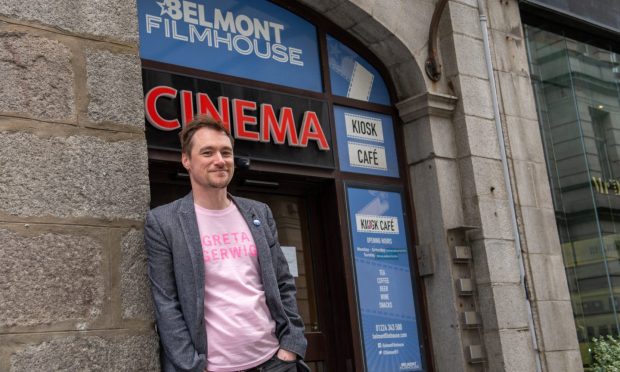
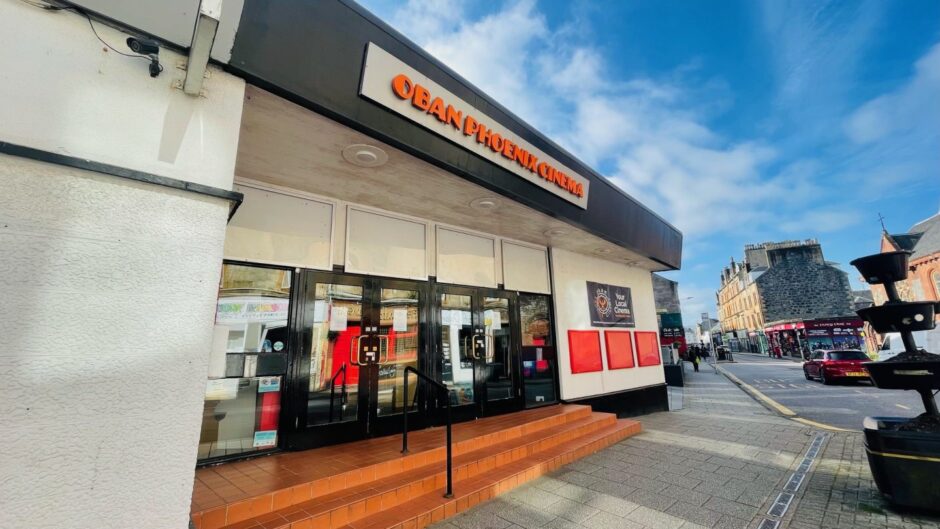
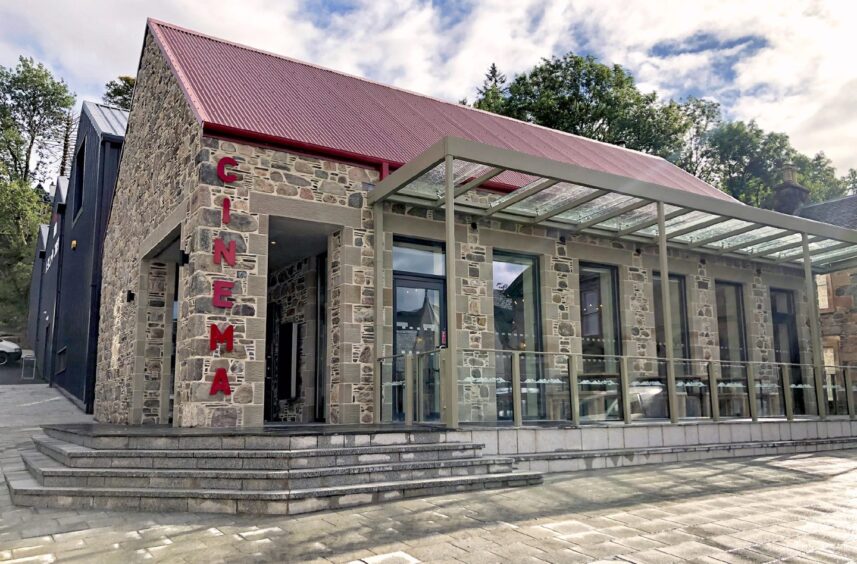

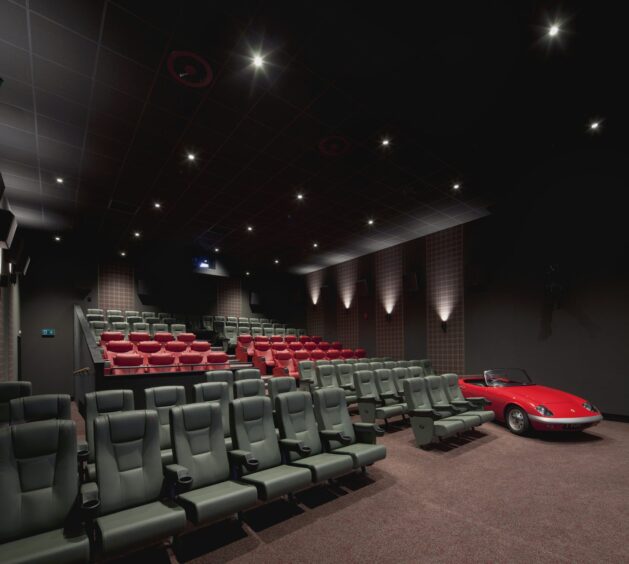
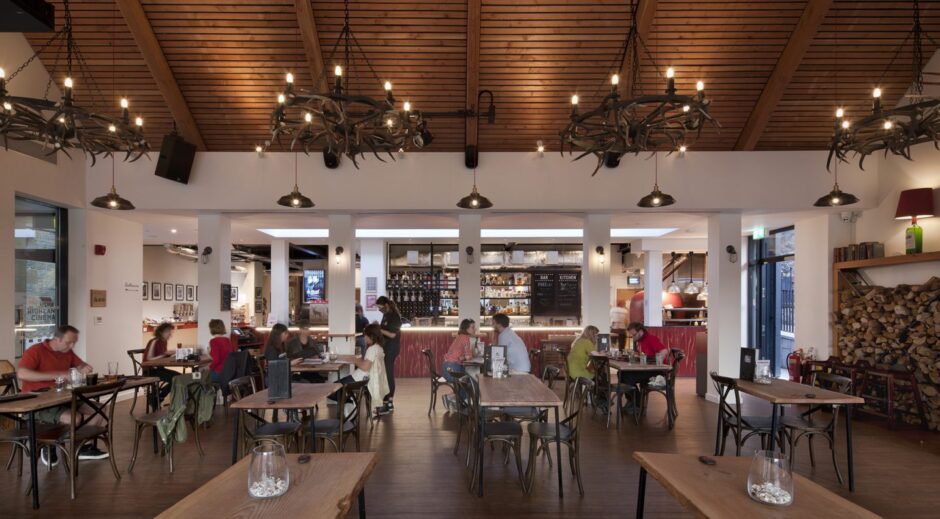




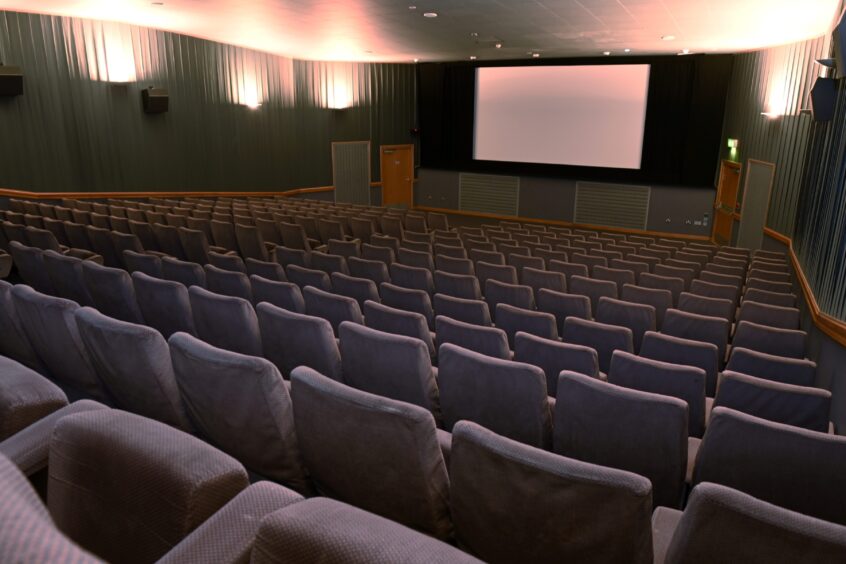
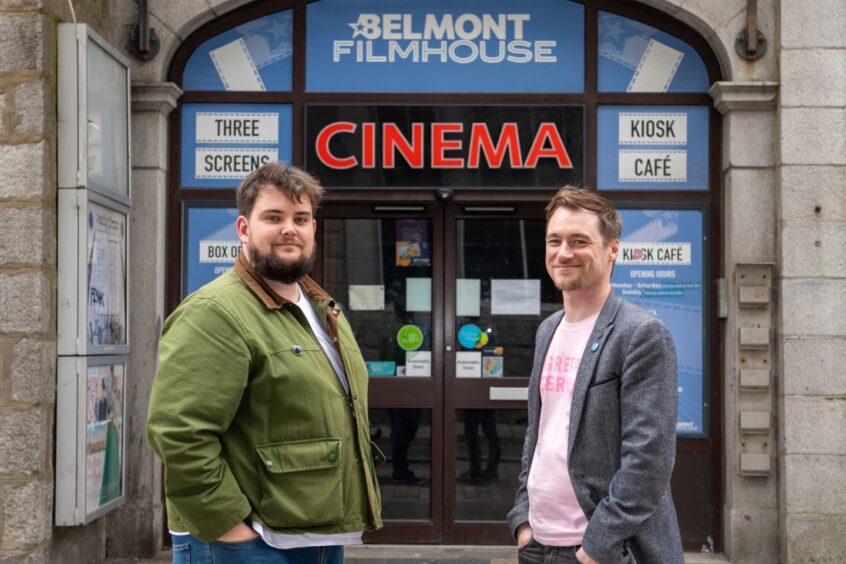
Conversation